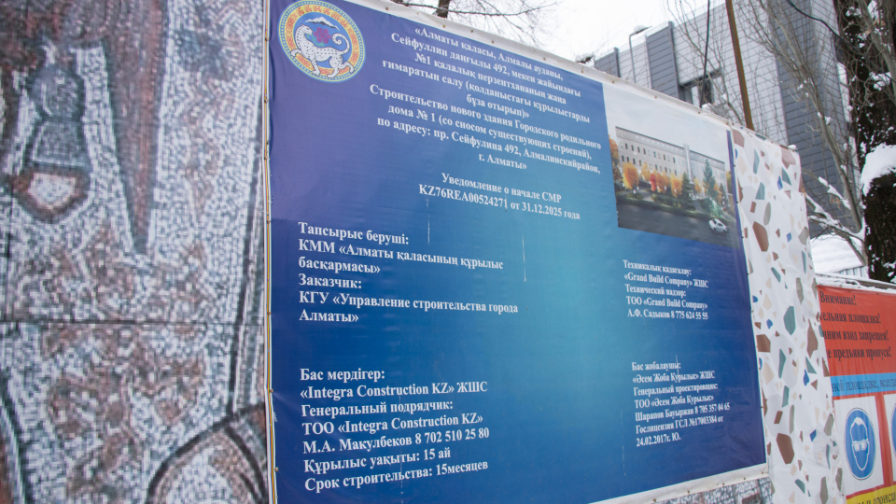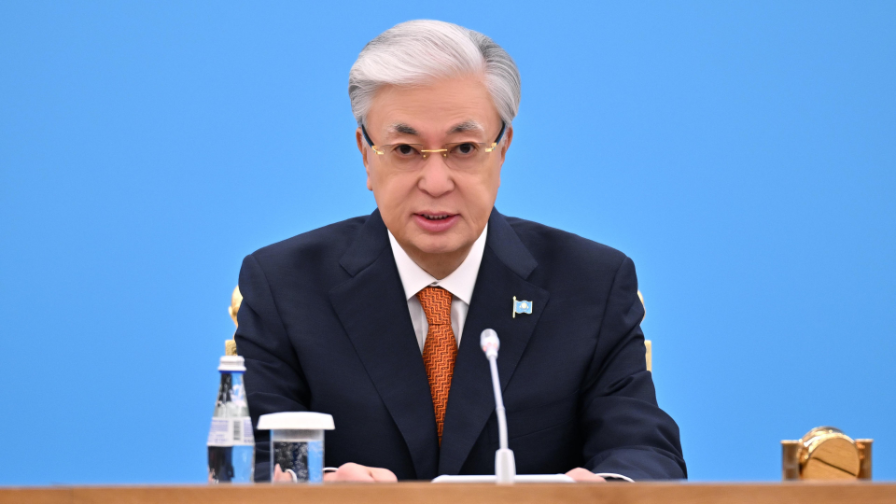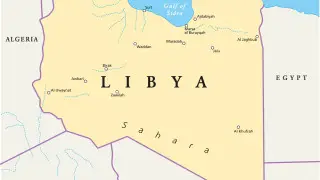
Фото: Lara Jameson/Pexels
- 20 қаз. 2025 22:01
- 399
Russia Finds New Route Bypassing Kazakhstan: Will Astana Lose Its Transit Advantage?
Russia and Turkmenistan have launched a "Simplified Customs Corridor," strengthening direct links across the Caspian Sea. This historic agreement could sideline Kazakhstan from the "North-South" international corridor and diminish Astana's transit significance.
On October 20, 2025, during the 13th meeting of the Turkmen-Russian Intergovernmental Commission on Economic Cooperation in Ashgabat, the two countries officially launched the "Simplified Customs Corridor." This move is not just a new stage in bilateral integration but a strategic decision that could completely reshape the region's logistics map.
What is the Essence of the New Agreement?
The agreement is aimed at simplifying customs procedures for goods and vehicles between Russia and Turkmenistan. According to Russian Deputy Prime Minister Marat Khusnullin, the main goal is to speed up trade turnover and boost the development of the "North-South" international transport corridor.
It is worth noting that the Eurasian Economic Union once began with the creation of a similar Customs Union. According to experts, this step could also be a precursor to the future accession of neutral Turkmenistan into the EAEU.
What is the Threat to Kazakhstan?
Currently, the majority of cargo moving from Russia to Turkmenistan and back is transported through the territory of Kazakhstan. The "Bolashak" railway line, launched in 2014, provided a direct route to Turkmenistan through the Mangystau region, bypassing Uzbekistan.
However, under the new agreement, Moscow and Ashgabat could cut out the intermediary—Kazakhstan—and develop direct maritime transport across the Caspian Sea. The reason for this is pragmatic: in recent years, crossing the Kazakhstan-Russia border has become difficult for heavy-duty trucks. Currently, more than 7,000 trucks are stuck at the border, unable to cross.
As stated by the "Türkmendeňizderýaýollary" (State Agency for Maritime and River Transport of Turkmenistan), the "simplified corridor" will significantly reduce the time it takes for goods to cross the borders of Russia and Turkmenistan, which is critically important for the "North-South" corridor.
If the two countries develop direct sea transport, the "North-South" corridor route could change as follows: Russia – Turkmenistan (via the Caspian Sea) – Iran – Pakistan – India. This would significantly diminish Kazakhstan's role as a land transit country.
More Than Just a Customs Agreement
The cooperation between Russia and Turkmenistan extends beyond logistics. The parties are also discussing issues such as the digitalization of the economy, information security, and the entry of Russian IT companies into the Turkmen market, having already signed a memorandum on digital transformation. Moscow has promised to provide broadband internet to remote areas of Turkmenistan.
This development poses a serious challenge to Kazakhstan's transit policy. Astana must now reconsider its logistics strategy and find ways to maintain its advantages in a new competitive environment. Otherwise, it risks being left out of a strategically important international route.
-
Абай облысының Бестерек ауылында балаларды көлігімен қағып кеткен 55 жастағы жүргізуші апаттан кейін есін жоғалтып, адамдарды тани алмай қалған, деп хабарлайды Infohub.kz.

























































